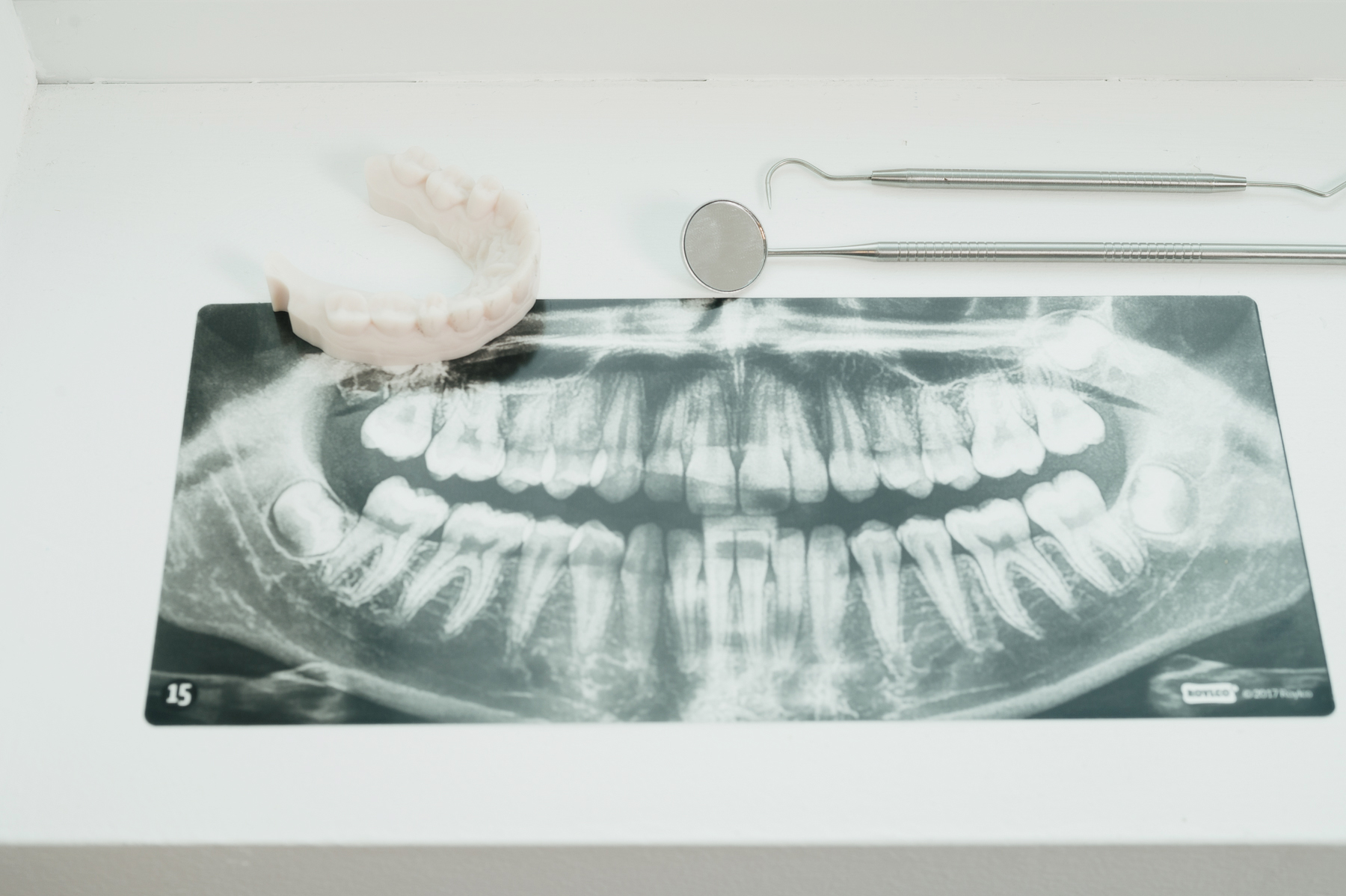
Most people think of dental implants as a way to replace a missing tooth, but they also play a big part in keeping your jaw strong and healthy.
Dr. Kevin Priest and his team of experienced dentists look at the bigger picture. They keep long-term function in mind with every implant they place at Priest Dental in Ashland, Ohio.
Why Tooth Loss Can Weaken the Jaw
Each tooth has a root that sends signals to the jawbone, helping it stay strong. When you lose a tooth, the jawbone in that area no longer gets stimulation.
This can lead to bone loss over time, which may cause changes in your facial structure or lead to problems with neighboring teeth. In some cases, people may notice a sunken appearance or feel that their bite has shifted.
This bone loss process, called resorption, begins soon after a tooth is lost. Dentures and bridges can help with appearance and function, but they don’t connect to the bone like a natural tooth root. Without that connection, the jawbone can continue to break down.
How Dental Implants Help Support Jaw Health
Dental implants are small titanium posts that are placed in the bone where a tooth used to be. Once the implant fuses with the bone, it acts like an artificial tooth root. This process helps stimulate your jawbone and prevent further bone loss.
Unlike removable dentures, implants stay fixed in place. You’ll most likely forget you even have them once they’ve fully healed.
Implants also don’t shift or rub against the gums because they’re custom-fit and anchored securely. This security makes eating and talking feel more natural.
A Stable, Long-Term Solution
Because implants are anchored into the jaw, they help maintain bone structure and bite alignment. They can last for decades with proper care. For patients who qualify, this can mean fewer future dental issues and better overall oral health.
At Priest Dental, we look at your full oral health before recommending a treatment plan. If you’re missing a tooth and want to know whether an implant is right for you, call us at 419-289-1813 to schedule a consultation.

